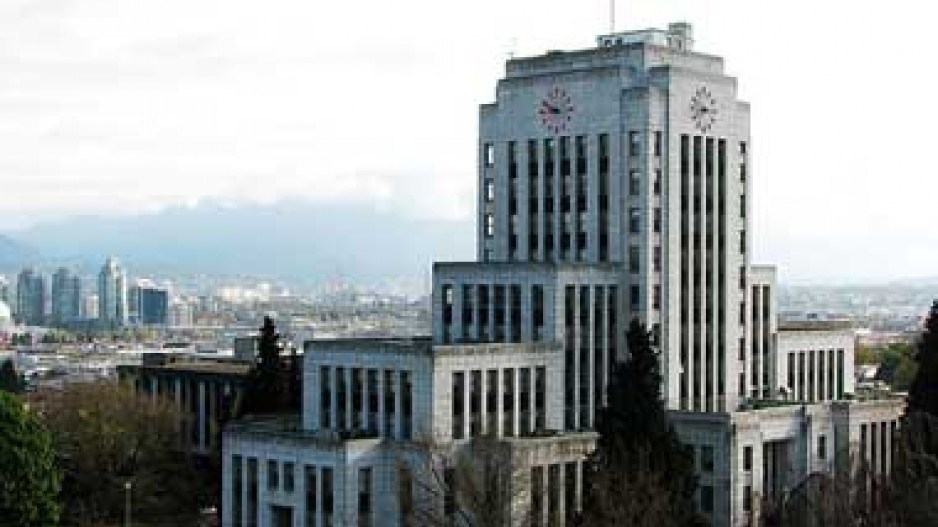On the stump
Housing dominated the almost-all-party discussion the Urban Development Institute (UDI) hosted last week in advance of next month’s civic elections.
Non-Partisan Association (NPA) mayoral candidate Kirk LaPointe, Coalition of Progressive Electors (COPE) mayoral candidate Meena Wong and incumbent Coun. Adriane Carr of the Green Party each gave a stump speech followed by a conversation that addressed housing affordability, rapid transit and community amenity contributions (CACs), as well as a grab-bag of issues from accountability and transparency in civic government to density, economic development, greenhouse gas emissions and passive housing, pipelines and the recent student protests in Hong Kong. Carr and Wong both acknowledged that the discussion was occurring on unceded Coast Salish territory, while LaPointe won points for brevity with a speech half as long as those of his fellows.
But the conversation inevitably returned to how to build more housing without annoying the neighbours.
LaPointe argued that housing is unaffordable because incomes in the city have languished, failing to keep step even with the national average. He would like to see economic development bring jobs that will help local talent afford local housing.
Carr, however, said housing costs have to meet the average household wage in Vancouver, which she gave as $41,432 a year. She believes this can be done through mid- to low-rise buildings rather than highrises.
“Towers have their place, but they don’t have their place everywhere,” she said.
But when Wong suggested controlling prices by increasing the supply of housing, UDI president and CEO Anne McMullin – in her capacity as moderator – jumped in and pointed out that building more homes for more people to bring down housing values illustrated the essential conflict underscoring any discussion of housing in the city.
“We’re trying to maintain the existing character of neighbourhoods yet also increase the existing supply,” McMullin said.
That sets everyone at cross-purposes, especially when owners expect home prices to rise, the city expects to extract value at rezoning in the form of CACs and there is only so much land to go around.
Status quo vadis
The candidates’ discussion underscored the challenge of charting a future for a rapidly changing city that wants to preserve the little history it has while attracting international attention and cash. The only thing constant is change, no matter how much people value the status quo.
Yet every speaker on the panel rejected towers as the sole possible expression of density.
LaPointe urged greater consultation with neighbourhoods, calling out incumbent Vision Vancouver Mayor Gregor Roberston on an approach that puts “ideology ahead of practicality.”
LaPointe came out against the practice of spot rezonings and pledged to listen to what neighbourhoods want rather than staff reports from what he believes is “a much more politicized public service than we’ve ever had.”
He wants to see a return to the CityPlan process adopted in 1995, as would Carr, who stepped even further back in history, urging Vancouver’s return to a streetcar-oriented city rather than one built on subways fed by towers adjacent to stations.
“We tend to put a lot of our eggs in the highrise basket,” she said. “Development and growth can be accommodated in a form and a density that is more like what we have. … I think that’s what a lot of people want in their residential neighbourhoods.”
But if the past offers inspiration, its future expression is another question.
LaPointe alone offered a hint, calling city hall “the most secretive government in the country.”
“We need two foundational values: transparency in all our city’s business and consultation in all of our city’s conduct,” he said. “We need to make disclosure of information routine, and listening commonplace.” •




